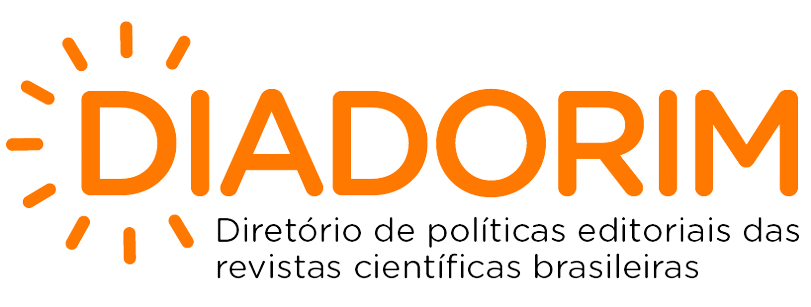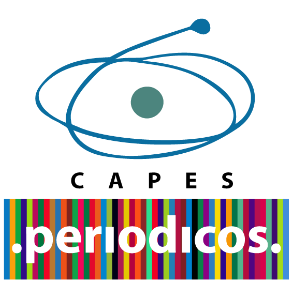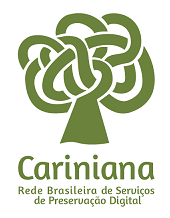Social cartography as an organizational process of visibility and social mobilization: report of the experience with residents in areas subjected to flood in Guarapuava-PR, between 2015 - 2016
DOI:
https://doi.org/10.5433/2447-1747.2018v27n2p225Keywords:
Social cartography, Vulnerability, Mobilization.Abstract
The social appropriation of the cartography, by the democratization of access to information, maps and technologies processes, it has been helping for social struggles, of which the social cartography is an example. Based on the direct involvement of social subjects, it empowers the self-affirmation of the subjects as well as their visibility, mobilization and claim of territorial rights. In this, social subjects, organized in collectives, such as traditional communities or neighborhood associations, decide what and how to represent themselves, through dialogue and the exchange of experiences between local and technical knowledge. The goal of contributing with the reflection about the social cartography in urban areas, in this paper, it brings the experience made with Neighborhood's residents Vila Carli, victims of Cascavel River's flood in 2014, in Guarapuava-PR Brazil. The methodology is qualitative, searching out for describe and register the process that peaked with the production of a fascicle about the neighborhood, discussing the natural disasters, its consequences and the demands of the residents. The results pointed to the social cartography importance as an organizational process, of visibility and social mobilization, as far as involves effectively the susceptible social subjects to an environmental vulnerability in the discussion of the/in the city.Downloads
Downloads
Published
How to Cite
Issue
Section
License
Copyright (c) 2018 GEOGRAFIA (Londrina)

This work is licensed under a Creative Commons Attribution-NonCommercial 4.0 International License.
The authors retain the copyright simultaneously licensing the work under the Creative Commons Attribution-NonCommercial 4.0 International license. This license allows third parties to distribute, remix, adapt, and develop the material in any medium or format for non-commercial purposes, giving due credit for authorship and initial publication in this journal.
The journal reserves the right to make normative, orthographic, and grammatical changes to the originals in order to maintain the standardized language and the credibility of the vehicle while still respecting the authors' writing style. Conceptual suggestions, changes, or corrections will be communicated to the authors when necessary.
The opinions expressed by the authors of the articles are their sole responsibility.
This work is licensed under a Creative Commons Attribution-NonCommercial 4.0 International license.



















